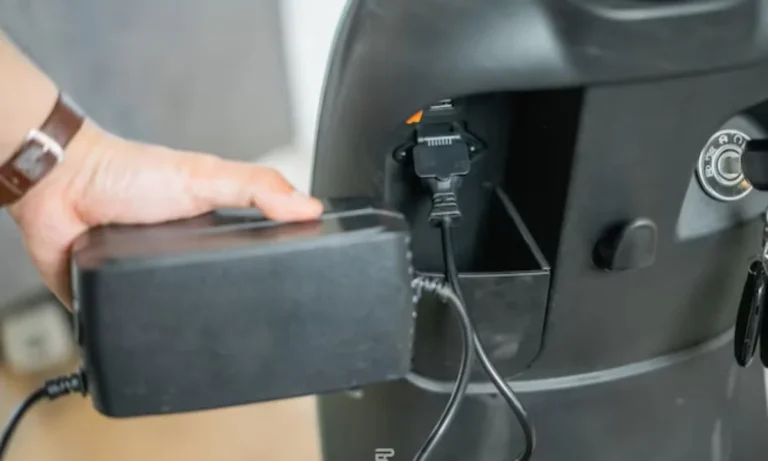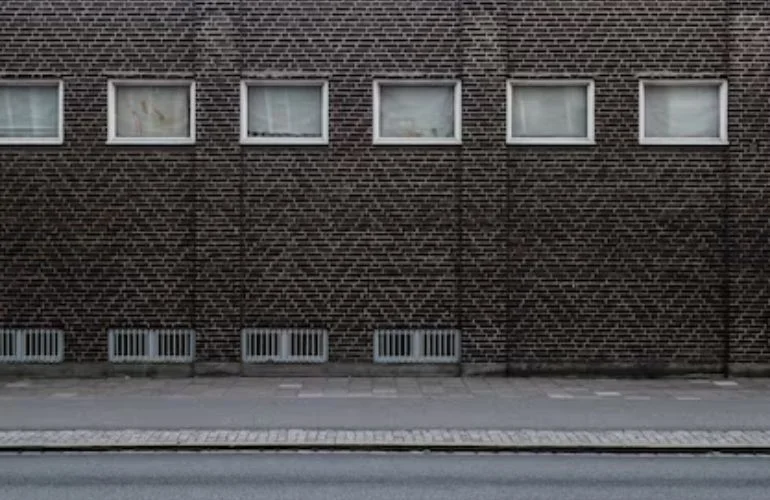
When driving on highways, you may have noticed sound barrier walls lining the roads. These structures play a crucial role in reducing noise pollution from traffic. In recent years, sound barrier walls on highways polyurea have gained popularity due to their effectiveness and durability. In this blog post, we will explore the benefits, installation processes, and maintenance of sound barrier walls made from polyurea.
What Are Sound Barrier Walls?
Sound barrier walls, also known as noise barriers, are structures designed to block or deflect sound waves. These walls are typically installed along highways, railways, and industrial areas to reduce noise levels in nearby residential or sensitive environments.
How Do Sound Barriers Work?
Sound barriers work by blocking the path of sound waves. When sound waves travel from a source, like traffic, they can bounce off surfaces and travel to nearby areas. By erecting a barrier, the sound waves are absorbed or deflected, resulting in a quieter environment. The effectiveness of a sound barrier depends on its height, length, and material.
Must read BedMart Mattress SUP: Your Guide to Finding the Perfect Sleep Solution
Why Choose Polyurea for Sound Barrier Walls?
Polyurea is a type of polymer that has become increasingly popular for constructing sound barrier walls. This material offers several advantages over traditional materials such as concrete or wood.
1. Durability
Polyurea is known for its incredible durability. It can withstand harsh weather conditions, UV exposure, and physical impacts. This means that sound barrier walls made from polyurea have a longer lifespan and require less frequent repairs or replacements.
2. Fast Installation
One of the major benefits of using polyurea for sound barrier walls is the speed of installation. Unlike concrete, which requires time to cure, polyurea can be applied quickly and efficiently. This reduces downtime and minimizes disruptions to traffic during construction.
3. Flexibility in Design
Polyurea can be molded into various shapes and sizes, allowing for greater design flexibility. This means that sound barrier walls can be customized to fit the specific needs of a location.
Advantages of Sound Barrier Walls on Highways
Installing sound barrier walls on highways polyurea offers numerous benefits to both the environment and communities.
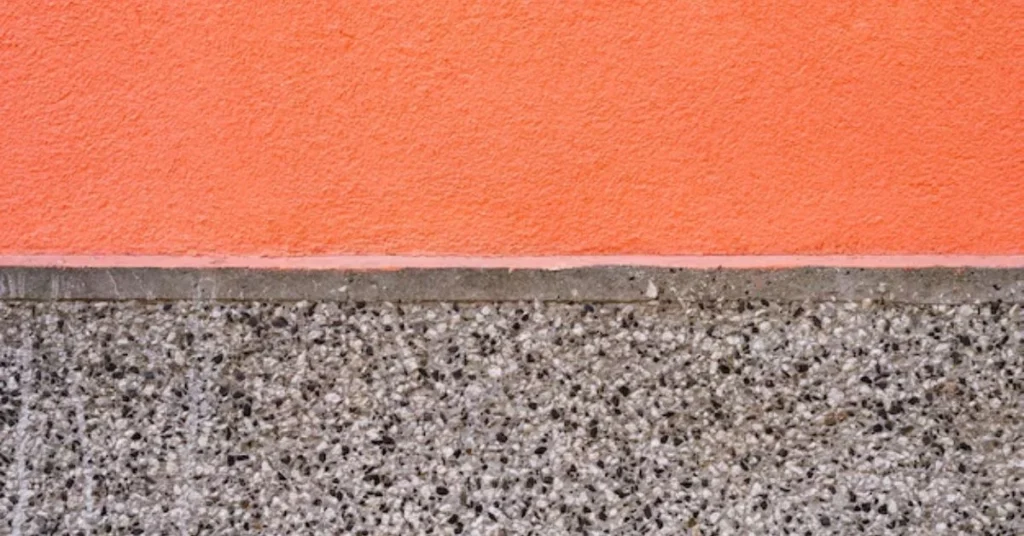
1. Reduced Noise Pollution
The primary purpose of sound barrier walls is to reduce noise pollution. By effectively blocking sound waves from traffic, these walls create a more peaceful environment for nearby residents and wildlife.
2. Improved Property Values
Noise pollution can significantly affect property values. By investing in sound barrier walls, communities can enhance the quality of life for residents, potentially leading to increased property values.
3. Enhanced Aesthetics
Polyurea sound barrier walls can be designed to be visually appealing. With various color options and textures available, these walls can blend seamlessly with the surrounding environment, adding beauty rather than detracting from it.
The Installation Process of Polyurea Sound Barrier Walls
Installing sound barrier walls on highways polyurea involves several steps. Here’s a general overview of the process:
1. Planning and Design
Before installation, a thorough assessment of the site is conducted. This includes determining the noise levels, analyzing traffic patterns, and planning the wall’s design.
2. Site Preparation
Once the design is finalized, the site is prepared for installation. This may involve clearing vegetation, leveling the ground, and ensuring proper drainage to prevent water accumulation around the base of the wall.
3. Wall Construction
The construction of the polyurea sound barrier walls typically involves erecting a frame or support structure. The polyurea material is then applied, either as a spray or through other methods.
4. Finishing Touches
After the walls are installed, finishing touches can be added. This may include painting, adding decorative elements, or incorporating vegetation around the base of the wall for added aesthetics.
Maintenance of Polyurea Sound Barrier Walls
Maintaining sound barrier walls on highways polyurea is relatively straightforward, thanks to the material’s durability. Here are some maintenance tips:
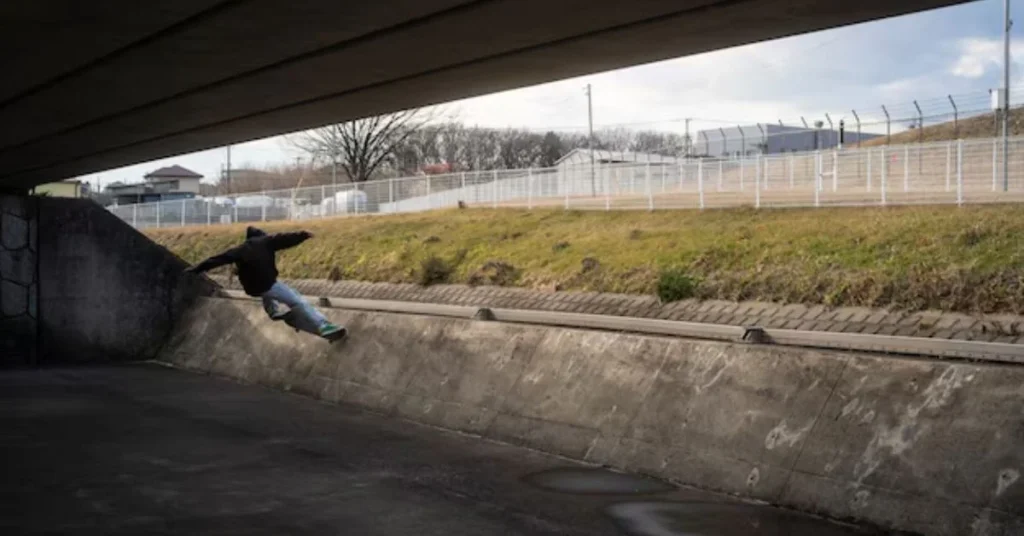
1. Regular Inspections
Routine inspections should be conducted to identify any potential damage. Look for cracks, discoloration, or signs of wear and tear.
2. Cleaning
Keeping the walls clean helps maintain their appearance. Regularly remove debris, dirt, and grime with a gentle cleaning solution and water.
3. Repairing Damage
If damage is detected, prompt repairs should be made. Polyurea is easy to patch, allowing for quick fixes that can extend the lifespan of the wall.
Conclusion
In summary, sound barrier walls on highways polyurea offer an effective solution for reducing noise pollution in nearby communities. With their durability, quick installation, and aesthetic appeal, these walls represent a modern approach to noise reduction. By understanding their benefits, installation processes, and maintenance requirements, communities can make informed decisions about implementing sound barrier walls along highways.
Investing in polyurea sound barrier walls not only improves the quality of life for residents but also enhances property values and creates a more peaceful environment. If you’re considering installing sound barrier walls, be sure to consult with professionals who specialize in polyurea materials to ensure the best results. Also click here.
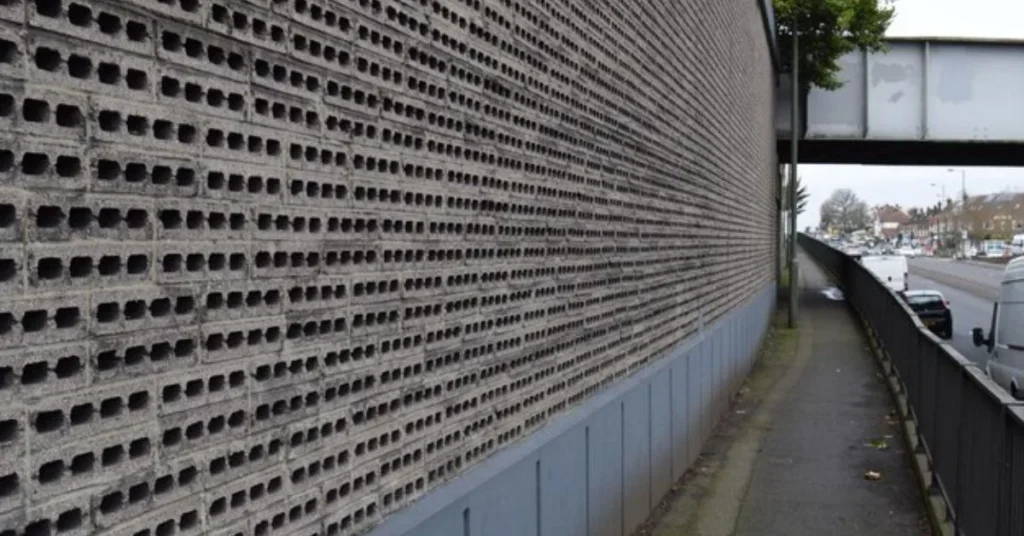
FAQs About Sound Barrier Walls on Highways Polyurea
How effective are sound barrier walls in reducing noise?
Sound barrier walls can significantly reduce noise levels, especially when designed and installed correctly. Their effectiveness depends on height, material, and distance from the noise source.
Can sound barrier walls be painted or customized?
Yes! Polyurea sound barrier walls can be painted and customized to match the surrounding environment or to reflect community aesthetics.
Are polyurea sound barrier walls environmentally friendly?
Polyurea is considered environmentally friendly due to its durability and reduced need for frequent replacements. Additionally, it can be designed to blend with natural landscapes.
How long do polyurea sound barrier walls last?
With proper maintenance, polyurea sound barrier walls can last for several decades, making them a cost-effective solution for noise reduction.
Do sound barrier walls require special permits for installation?
In most cases, yes. Installation of sound barrier walls typically requires permits from local authorities to ensure compliance with regulations.
Conclusion
In summary, sound barrier walls on highways polyurea offer an effective solution for reducing noise pollution in nearby communities. With their durability, quick installation, and aesthetic appeal, these walls represent a modern approach to noise reduction. By understanding their benefits, installation processes, and maintenance requirements, communities can make informed decisions about implementing sound barrier walls along highways.
Investing in polyurea sound barrier walls not only improves the quality of life for residents but also enhances property values and creates a more peaceful environment. If you’re considering installing sound barrier walls, be sure to consult with professionals who specialize in polyurea materials to ensure the best results.

